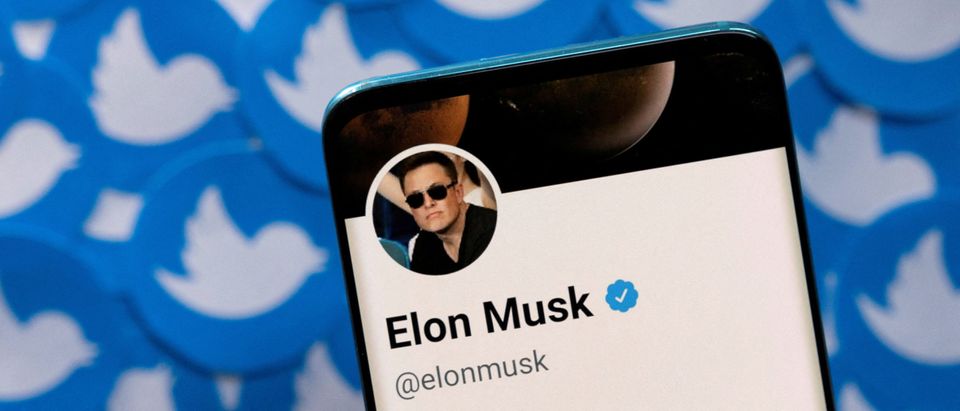Elon Musk told Twitter executives in March that he might create a competitor to the social media site, along with trying to buy it or join the board, according to a lawsuit against the billionaire.
The lawsuit claimed that Musk first contacted Twitter directors Jack Dorsey and Egon Durban about potentially joining Twitter’s board on March 26, 2022. That same day, Elon replied to a tweet asking him whether he would “consider building a new social media platform[?]” by saying that was giving it “serious thought.”
Am giving serious thought to this
— Elon Musk (@elonmusk) March 27, 2022
Musk then allegedly told Twitter CEO Parag Agrawal and Twitter board chair Bret Taylor that he “had in mind three options relative to Twitter: join its board, take the company private, or start a competitor,” the lawsuit stated.
Musk was offered a position on the board April 3 following his accumulation of stock, but he “abruptly” declined on April 9 to instead “offer to buy the company,” according to the lawsuit. Musk later agreed to buy Twitter for about $44 billion April 25.
Musk canceled his bid to buy the platform July 8, arguing that Twitter made “false and misleading representations” and “has not complied with its contractual obligations,” according to a letter from his lawyers. (RELATED: Elon Musk Responds To Trump Calling Him A ‘Bullsh*t Artist’)
Musk stated in the same letter that he had been trying to get Twitter to hand off data “necessary ‘to make an independent assessment of the prevalence of fake or spam accounts on Twitter’s platform'” for nearly “two months.”
Twitter filed suit against Elon Musk on Tuesday for pulling out of the $43.4 billion deal.
“Having mounted a public spectacle to put Twitter in play, and having proposed and then signed a seller-friendly merger agreement, Musk apparently believes that he — unlike every other party subject to Delaware contract law — is free to change his mind, trash the company, disrupt its operations, destroy stockholder value, and walk away,” the suit said.
Twitter claimed in their lawsuit by saying that the data Musk requested was “firehose data,” essentially live data of tweets and likes, and that “no explanation was offered for how this request furthered” the “consummation of the transaction,” according to the lawsuit.
“He had already accepted and then rejected the first option, and was plotting a pretextual escape from the second. Musk’s third option — building a competitor to Twitter — remained. Still, Twitter again responded constructively and reiterated its commitment to work with Musk’s team,” Twitter’s lawsuit claimed.












